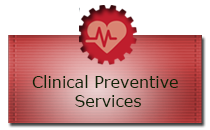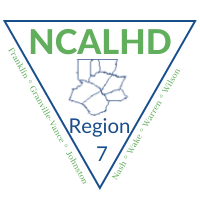
Chronic diseases are major causes of death and disability in North Carolina with as much as 50% of individual health attributed to behavior alone.
Transforming Health Together aims to increase the number of health care providers who screen patients for high blood pressure, high cholesterol, weight management, and tobacco cessation, and refer them to programs that support chronic disease self-management, weight management, or tobacco cessation, so avoiding and managing chronic disease will be easier.
Community Care of Wake/Johnston Counties

Chronic diseases are the leading cause of death and disability in the United States. Almost one out of every two U.S. adults, a total of 107 million people, reported having at least one out of six chronic conditions—cardiovascular disease, cancer, chronic obstructive pulmonary disease, asthma, diabetes, or arthritis, in 2008.
Enacting interventions to effectively prevent disease and promote health, by addressing the leading causes of chronic disease—physical inactivity, tobacco use and exposure, and poor nutrition—the prevalence of chronic diseases will diminish over time. By investing in prevention and treatment of the most common chronic diseases, the U.S. could decrease treatment costs by $218 billion per year and reduce the economic impact of disease by $1.1 trillion annually.1
Having access to local services is a key element in creating a healthy community, and reducing chronic conditions. The CTG project has collaborated with local Area Health Education Centers (AHEC) to link primary care providers with existing evidence-based community resources for chronic disease self-management, weight management, and tobacco cessation.
This partnership, in conjunction with Transforming Health Together will work to identify gaps in support services and work to establish systems and programs to address hypertension, cholesterol, tobacco use, weight management, and help connect the community to the medical field to ensure everyone has the opportunity for optimal health and wellness.
Through this initiative, the CTG Project will increase the number of healthcare organizations that screen for tobacco use and provide referrals for cessation services utilizing the NC Quitline. It will also increase the number of community organizations offering supports for individuals identified with high blood pressure, high cholesterol, or tobacco use.
1.Source: American Public Health Association (APHA). (2013), Public Health and Chronic Disease: Cost Savings and Return on Investments.
